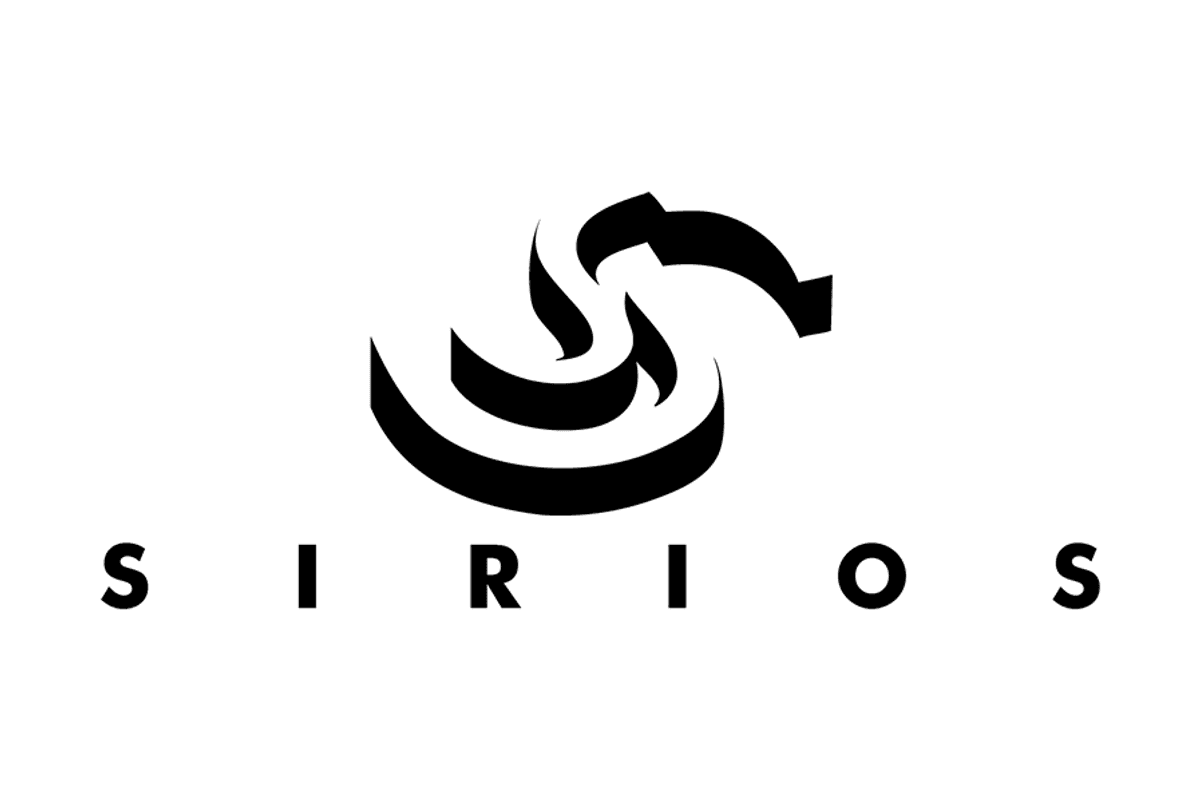Omai Gold Mines Corp. (TSX.V: OMG) ("Omai" or the "Company") announces that John Ross has been appointed as Chief Financial Officer and Corporate Secretary, replacing Harvey Mackenzie, effective immediately. Mr. Ross is a Chartered Accountant with over 30 years of experience in the financial management of publicly-listed exploration and mining companies. He holds a Master of Business Administration from the University of Western Ontario.
The Company would like to express its appreciation for Mr. Mackenzie for his contributions to Omai during his tenure.
Neither the TSX Venture Exchange nor its Regulation Services Provider (as that term is defined in the policies of the TSX Venture Exchange) accepts responsibility for the adequacy or accuracy of this release.
About Omai Gold Mines Corp.
Omai Gold Mines Corp., through its wholly owned subsidiary Avalon Gold Exploration Inc., holds a 100% interest in the Omai Prospecting License covering 4,590 acres, that includes the past producing Omai gold mine. Once South America's largest producing gold mine, Omai produced over 3.8 million ounces of gold between 1992 and 2007. Mining ceased at a time when the average gold price was less than US$350 per ounce, leaving significant drilled resources untapped. The Company's short-term priorities are to verify and expand the known resources, while advancing exploration on nearby targets, providing a solid opportunity to create significant value for all stakeholders.
For further information, please see our website www.omaigoldmines.com or contact:
Elaine Ellingham
Interim CEO and Director
info@omaigoldmines.com
elaine@omaigoldmines.com
Phone: +1-416 473-5351








